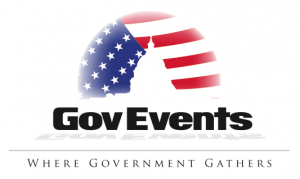 Job Fairs exist to provide both job seekers and employers a convenient place to get access to a large number of what they are looking for -- jobs or qualified people. During the pandemic this process became even more convenient and scaled to provide more access to people and companies as these events moved online.
Job Fairs exist to provide both job seekers and employers a convenient place to get access to a large number of what they are looking for -- jobs or qualified people. During the pandemic this process became even more convenient and scaled to provide more access to people and companies as these events moved online.
Like every organization, Job Fair organizers had to make a quick shift in March 2020 to move their events online. From canceling physical venues to choosing an online platform, these organizations were able to get up and running in a matter of weeks. Virtual Job Fairs generally allow visitors to click on a company's "booth" and read through material on their work, benefits, and open opportunities. Conversations typically begin with a text chat and can be elevated into a video chat with just a click for more in depth discussions.


 Chief Data Officers
Chief Data Officers


